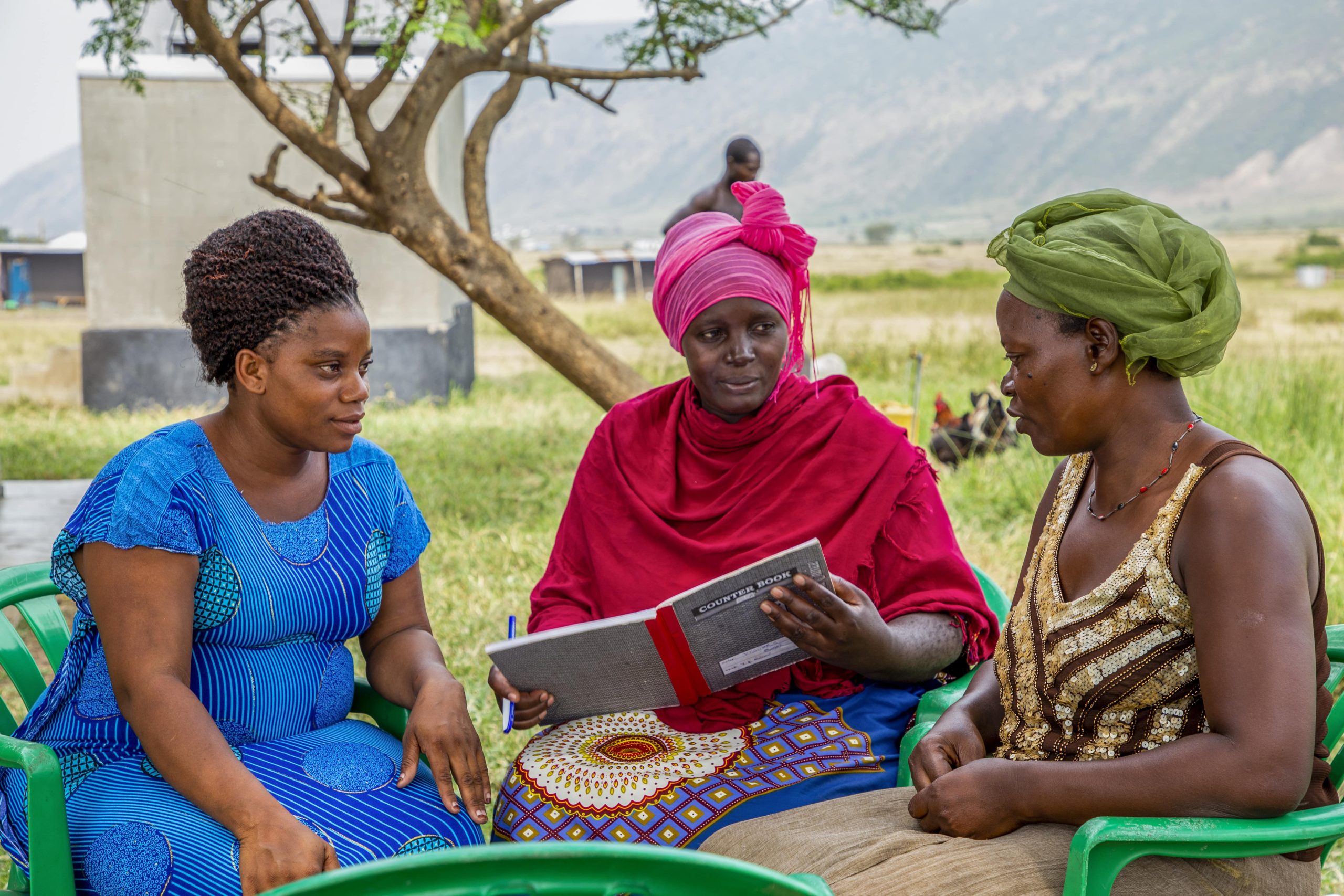
By Ali Ssekatawa
With production of Uganda’s first oil clearly in sight, calls to ensure that human rights of Project Affected Persons (PAPs) and Ugandans at large have heightened. Human Rights activists are calling on Government and the International Oil Companies (IOCs) to walk the talk and ensure Uganda does not suffer the legendary oil curse.
The argument is based on some documented evidence where the discovery and production of oil resources led to worsening of Human Rights situations of areas like the Niger Delta of Nigeria mostly in the 1990s. Many activists feared this would be replicated in the Albertine Graben when oil exploration activities started in the area in the late 1990s. They campaigned against the oil developments in Uganda, causing a lot of excitement and fear of the unknown overall.
In fact, the Government and IOCs instead used Nigeria and similar situations as a case study to foster good practices that would ensure that communities benefit from the oil activities. As a result, the discovery of oil in Uganda has, so far, been a blessing to the people of Uganda, and led to the promotion and observance of human rights especially in the Albertine Graben. The performance is not by default or chance but by deliberate and intentional policy and strategic design.
Historically, the Graben was majorly known for fishing, hunting. and very limited economic activity owing to the harsh climate and difficult terrain with its steep escarpment. The area also experienced desertion as indigenous people left for greener pastures and opportunities. Today, there’s an influx of people from all over the country and neighbouring Democratic Republic of Congo, who come seeking opportunities and better services like health and education. The Graben has essentially transformed into a socio-economic hub due to the oil and gas industry.
Investment in the oil and gas sector is always substantial. In Uganda’s case, the high value linkages with other sectors have great potential to address issues of poverty and human suffering. And the beauty of this is that the Government, and investors are conscious of the value of community support and are keen to ensure that activities put human rights at the forefront. This is the concept of social licence.
Uganda’s oil sector has so far witnessed great investment of resources to the tune of about US$3.8 billion during the exploration and appraisal phase. The value from this investment safeguarded the people’s human and economic rights through social amenities like hospitals, schools, health services, and other community development programmes.
In addition, the compensation and livelihood restoration programmes in the land acquisition process ensure that the communities enjoy a better way-of-life than before the onset of the oil and gas projects. This is implemented through access to better housing, better equipped and more accessible medical facilities, and more sustainable sources of income. For example, PAPs resettled from the proposed Central Processing Facility land in Buliisa district received modern houses with land titles, livelihood improvement projects for agricultural production, provision of clean and safe water through the Kirama water facility, and enhanced health services through a health facility at Avogera. All these are dutifully undertaken to ensure appropriate respect for and fulfilment of human rights obligations and ensure the contribution of the sector to making the lives of the populace better.
The rights of the people are also safeguarded through the Government’s commitment to accountability and transparency in the implementation of the oil and gas projects. The sector fosters participation and involvement of stakeholders including the Civil Society, Non-Government Organisations, religious leaders, local leaders, and local communities in the sector. These are engaged on a regular basis (quarterly and daily) and during key processes like the Public Hearings for the projects when the Environmental Social Impact Assessment (ESIA) processes are presented in broad day light to the public for their input. In addition, Uganda is now a member of the Extractive Industries Transparency Initiative (EITI), one of the key initiatives for enhancing transparency and accountability in the sector. This continuous engagement not only ensures that stakeholder concerns and feedback are managed, but also safeguards the rights of the communities.
Looking at the usually touted human rights concerns by especially civil society actors and individual activists, they fall short of appreciating the positive contributions by the sector to human rights protection and enhancements as elaborated above. The oil activities involve large scale investments that require a lot of preparation of the working spaces thereby causing some impacts that create some discomfort to communities. However, all these disturbances are always factored into the planning and execution of activities.
There are well defined processes and procedures derived to support these activities and ensure appropriate management of negative impacts but also enable maximisation of the positive contributions. These processes and procedures are derived at national and international levels, and they include the Strategic Environment Assessment (SEA), Environment and Social Impact Assessment (ESIA), Health Impact Assessment (HIA); Resettlement Action Planning (RAP), Human Rights Impact Assessment (HRIA), and the Human Rights Due Diligence procedure in the procurement processes.
The foundation of all these processes is the participation and involvement of stakeholders, especially PAPs, at every stage so that their views and concerns are dully taken care of. Uganda is blessed to have attracted reputable international players TotalEnergies and CNOOC who are required to comply with international best practices like corporate duty of vigilance law, EU Laws, the United Nations Guiding principles on Business and Human Rights and other international treaties.
In conclusion, the Government of Uganda has established systems and structures for ensuring efficient compliance in line with fulfilment of human rights obligations. The Petroleum authority of Uganda, ensures that fundamental rights like the right to a clean and healthy environment, respect for property and life, as well as proper treatment and management of manpower, are strongly upheld during operations.
#ENDS
Ali Ssekatawa is the Director, Legal and Corporate Affairs, Petroleum Authority of Uganda. Email: ed@new.pau.go.ug
